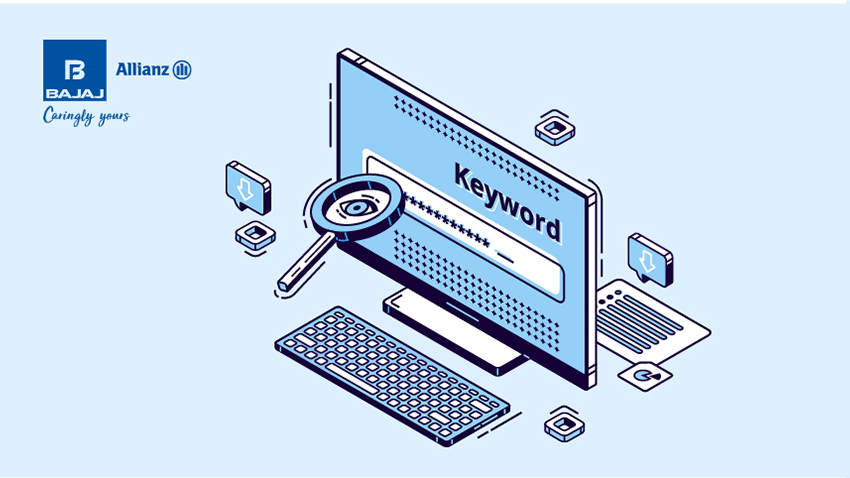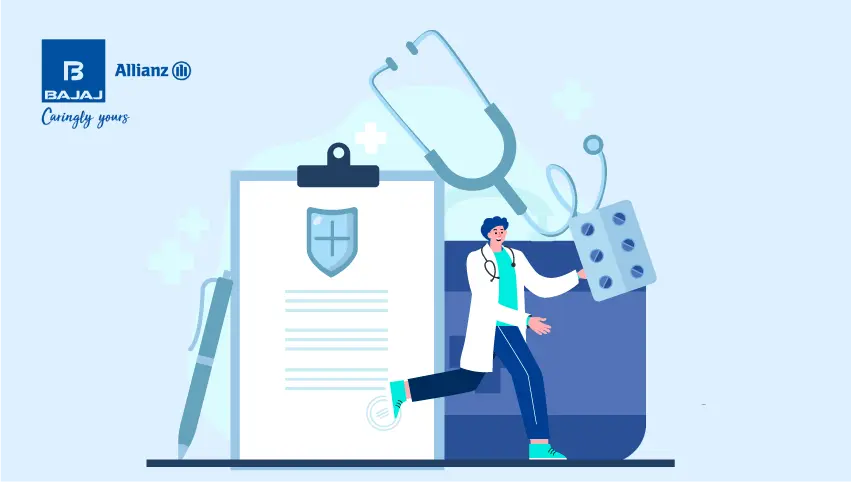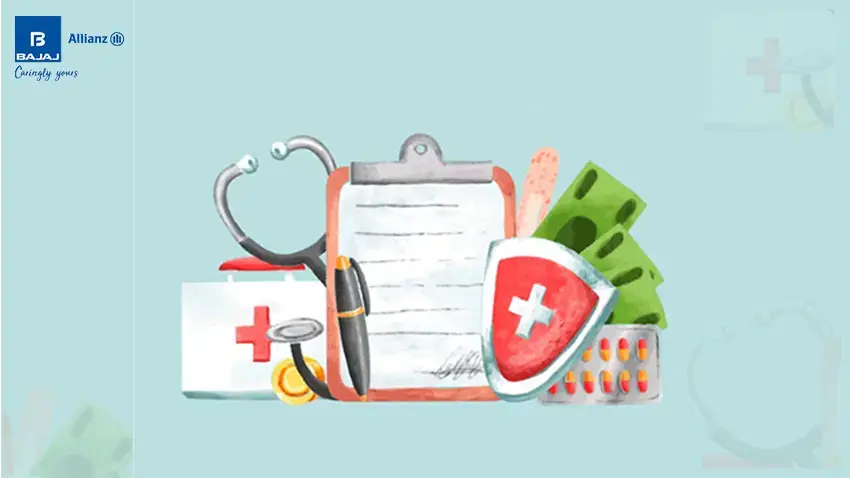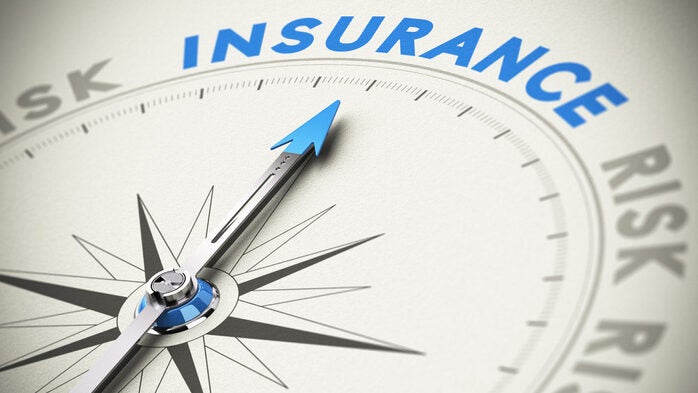Keep Safe Online with These 10 Tips

We all know that the world is now online, from social networking to online shopping. The internet is used for a variety of activities. Online is where we do our businesses, watch movies and even invest. Online is a necessity for our daily lives, so it’s important to know if the site is secure. You could lose everything if you want to increase your wealth. Even the most intelligent people can be the victims of cyber attacks and threats. It is a myth that following basic online safety measures will protect you from cyber threats.
Understanding Cyber Attacks
Hackers use cyber attacks to harm computers, networks and online content. Hackers use tricks such as pretending to be another person, sending harmful programs, or stealing information. Cybercriminals are out to steal your money, ruin your online experience, or create trouble. To stay safe online, you must first be aware of these dangers. Cyber Insurance Cyber insurance provides comprehensive coverage to individuals and families for any losses that may arise from cyber risks.
Tips to Stay Safe Online
Let’s now dive into the top 10 online safety tips. You can improve your cyber defences by following these practices:
- Create Strong Passwords: Use complex, unique passwords that include upper- and lowercase letters as well as numbers and symbols. Avoid using information that is easily guessed, such as your pet’s or birthdate.
- Update Software: Regularly upgrade your operating system, browsers and software applications. Updates include critical security patches to address known vulnerabilities.
- Use Caution When Emailing: Be careful when receiving emails that ask for personal information, or contain unexpected links or attachments. Avoid clicking links that come from unknown sources.
- Enable two-factor authentication (2FA) Add a layer of extra security to your accounts online by enabling the 2FA. This involves an extra verification step such as a code sent to your phone.
- Be Aware of Public WiFi: Do not access sensitive information while connected to a public Wi-Fi network. Consider using a VPN to encrypt data if you have to use public Wi-Fi networks.
- Backup Your Data: Regularly backup your important files and information to an external drive or a secure cloud storage. You can then recover your data in the event of a ransomware attack or loss of data.
- Educate yourself: Keep up to date with the latest cyber-threats and scams. Learn about the common tactics that cybercriminals use and how you can identify and avoid them.
- Install Reliable Anti-Malware and Security Software: Install reliable antivirus and security software on your devices. Update them regularly to ensure that you can detect and eliminate potential threats.
- Protect Your social media privacy settings: Review your privacy settings and make any necessary adjustments. Be careful about what information you choose to share with the public and when engaging in conversations or accepting friend requests from unknown accounts.
- Think about Cyber Insurance: Protect your financial security by thinking about cyber insurance. This provides additional protection against financial losses due to cyber-attacks or data breaches.
*Terms and Conditions apply
The Bottom Line
You should also consider getting cyber insurance. These tips should help you stay safe online! Stay Vigilant!





